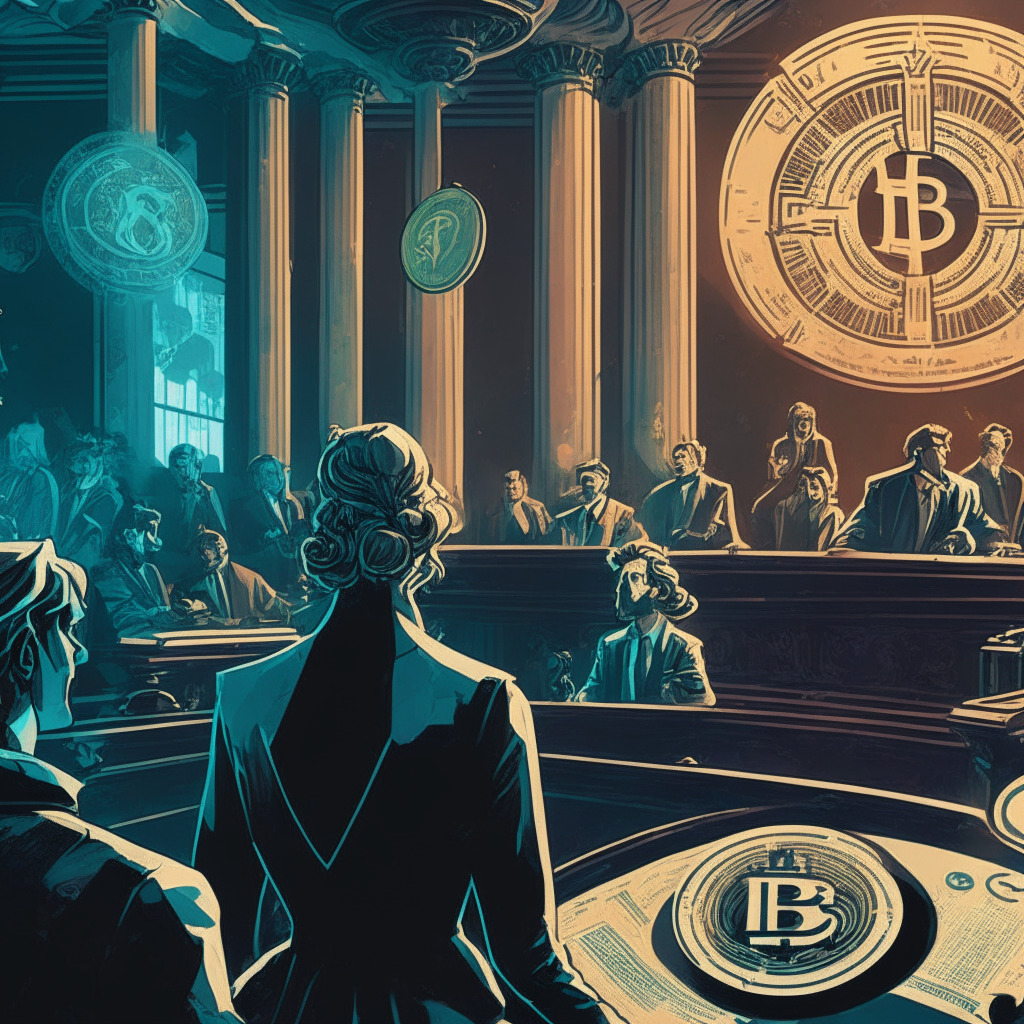In a late Saturday night development, President Joe Biden and House Representative Kevin McCarthy reached an in principle deal to raise the debt limit of the US government. After months of negotiations, both parties have seemingly arrived at a debt ceiling deal, though it has yet to be officially passed. US Congressman Warren Davidson confirmed that they were successful in blocking certain taxes proposed by the Biden administration, including a 30% tax on crypto miner’s electricity bills.
Earlier this month, Biden proposed the Digital Asset Mining Energy (DAME) excise tax in an attempt to tackle the economic and environmental costs associated with the current practices of mining crypto assets. According to the proposed tax bill, after a phase-in period, companies would face a tax equal to 30 percent of the cost of the electricity they consume for crypto mining purposes. However, if the current budget deal gets through as it is, the proposed tax will not see implementation. The final vote on the debt ceiling deal is scheduled for Wednesday.
While the potential debt ceiling deal may be seen as a welcome development for the crypto community, some congressional Republicans have slammed it. Dissatisfied with the tentative agreement, multiple Republican lawmakers have threatened to vote “no” on the deal, despite concerns of a catastrophic economic collapse in the US and potentially around the world.
In the aftermath of this news, Bitcoin witnessed a surge of over 3%, trading above $28,000 at press time. The overall market followed suit, entering a green phase as Ethereum and other leading cryptocurrencies also observed a weekend surge.
Critics argue that the long-term implications of the blocked DAME excise tax may not be ideal, as it would have pushed crypto mining companies toward more sustainable means of energy consumption, ultimately benefiting the environment. On the other hand, proponents of the blocked tax see it as a victory for the crypto mining industry, allowing it to maintain competitiveness in an era of rapid growth without hindrance from additional taxes.
In summary, while the recent debt ceiling deal may offer short-term advantages for crypto miners, one must consider the potential environmental implications and debate whether allowing the industry to remain unregulated is genuinely in the best interests of all involved. As always, investors are advised to conduct thorough market research and consider the consequences of both government action and inaction before making any investment decisions. The blockchain and crypto community continues to offer diverse viewpoints on such matters, ensuring the space remains engaging and dynamic.
Source: Coingape




